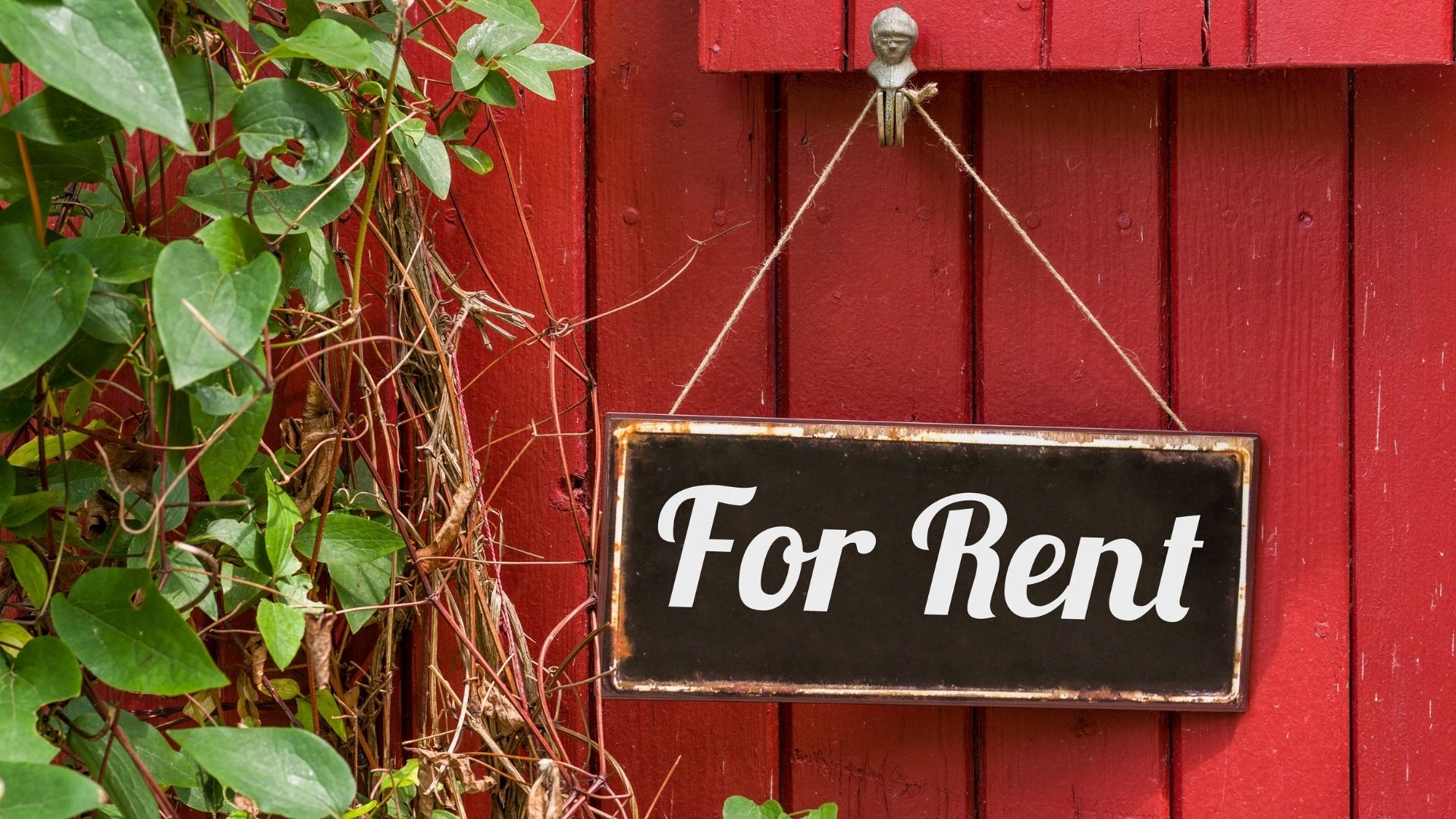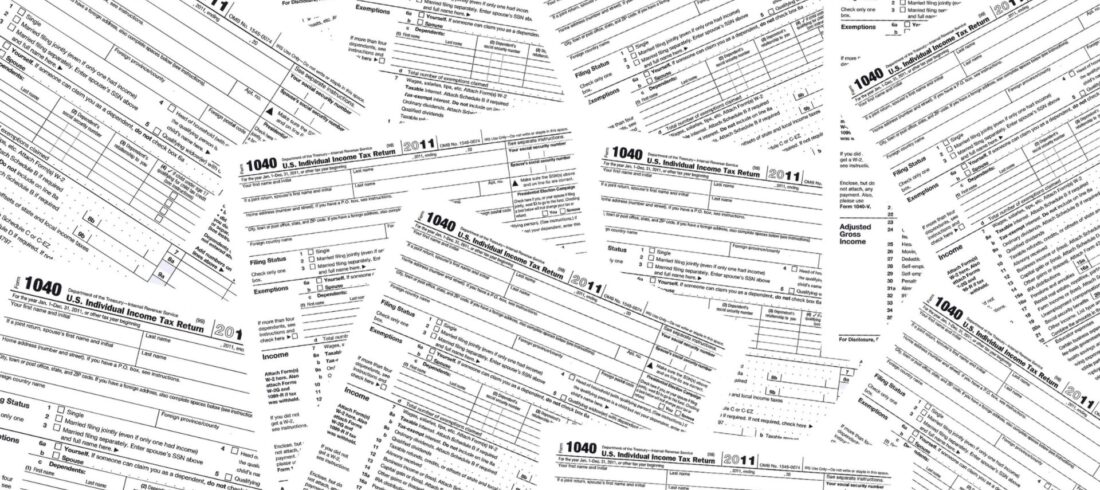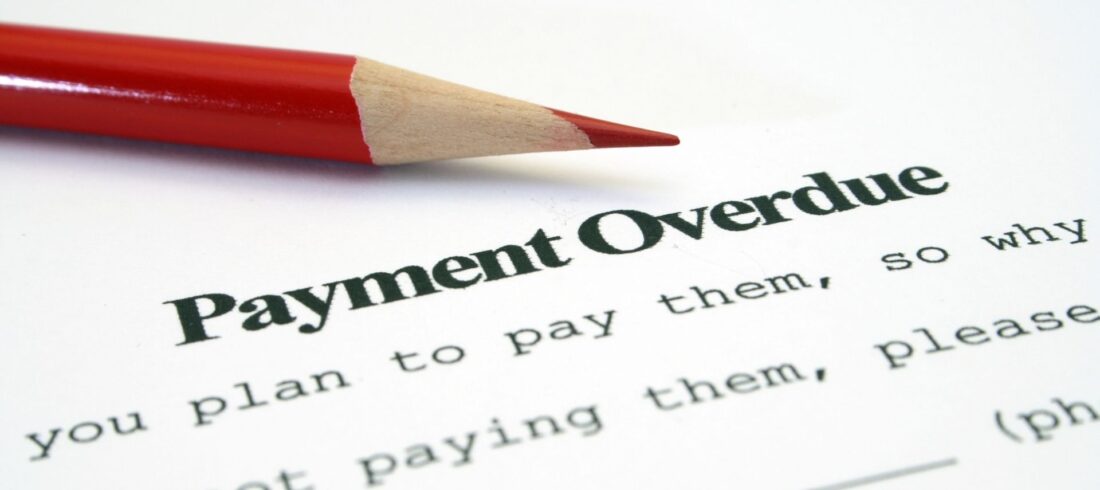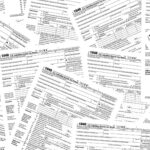
The sale of rental property may trigger capital gains tax or may generate a loss.
Your taxable gain or loss is determined by subtracting the property’s adjusted basis on the date of sale from the net sales price. The net sales price is your sales price less commissions, closing costs, and fix-up expenses.
Your adjusted basis is essentially the amount you paid for the property when you bought it, plus the cost of capital improvements you made to the property, less depreciation you were entitled to deduct during the time you were renting out the property.
The situation can be more complicated if you inherited the property or received it as a gift, but for now we will assume you purchased the property.
One mistake people often make is to think of their gain as the net sales proceeds that go into their bank account after loan balances are paid off. But the loan payoff is not relevant to the amount of gain.
Here’s an example:
Edward and Laura both buy investment property for $100,000.
Laura pays cash for hers, and Edward makes a $20,000 cash down payment and takes out a loan in the amount of $80,000.
They each sell their property for $150,000 and have commissions and closing costs of $10,000. Laura puts $140,000 into her bank account. After paying off the loan, Edward has $60,000 to put into his bank account. But Laura and Edward both have the same capital gain of $40,000 ($50,000 gain less $10,000 closing costs).
Calculating Your Adjusted Basis
Basis is good. The higher your basis, the less your capital gains tax will be.You can increase your basis for capital improvements (for example, adding onto a building, installing a driveway, or paying assessments for sidewalk improvements).
For example, assume Laura had a water well drilling on her property, at a cost of $30,000. Laura’s basis in the property is now $130,000. If she sells it for $150,000, her gain will be $10,000 ($150,000 – $130,000 basis – $10,000 closing costs)
On the other hand, you have to decrease your basis for tax deductions you take over the years. Usually the biggest decrease is depreciation. The Tax Code allows you to take a depreciation deduction each year. The longer you own the property, the more the depreciation accumulates. If you owned the property for at least 27.5 years, your cost basis would be reduced all the way to zero, and 100% of your net sales price would be a gain.
To go back to the example of Laura, suppose that instead of investment property, she paid $100,000 for a rental property. At the time she sold the property, she had taken depreciation deductions of $8727. Her adjusted basis is $91,273, which means her gain is $48,727 instead of $40,000.
You also have to decrease the basis for sales of partial interests in the property. For example, if Laura had sold her water rights for $10,000 instead of drilling a well, her adjusted basis will be $100,000 purchase price, less $10,000 received for the water rights, and her gain on the sale of the property for $150,000 will be $50,000 instead of $40,000.













